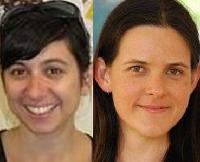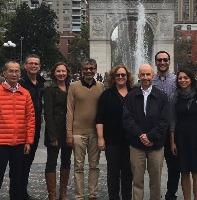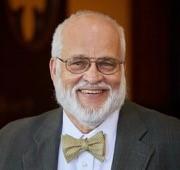Blog
Unless otherwise stated, content is shared under CC-BY-NC Licence
Developing a community code of conduct
Rachel Tropea is Senior Reseach Archivist and Jaye Weatherburn is Digital Preservation Officer at the University of Melbourne
Australasia Preserves is an active digital preservation community of practice for the Australasian region, established in February 2018 (http://blogs.unimelb.edu.au/digital-preservation-project/2018/03/06/australasia-preserves-establishing-a-digital-preservation-community-of-practice/). This community aims to nurture a community of learners, teachers, researchers, managers, and practitioners from a variety of professional and personal backgrounds and skill levels.
A team from the University of Melbourne has committed time and resources during 2018 for organising online monthly meetups, featuring a variety of speakers and topics. The Twitter hashtag #AusPreserves is used to share information with the broader international digital preservation community.
No Time To Wait 3: Rough Consensus and Running Archives
Ashley Blewer is AV Preservation Specialist for Artefactual Systems
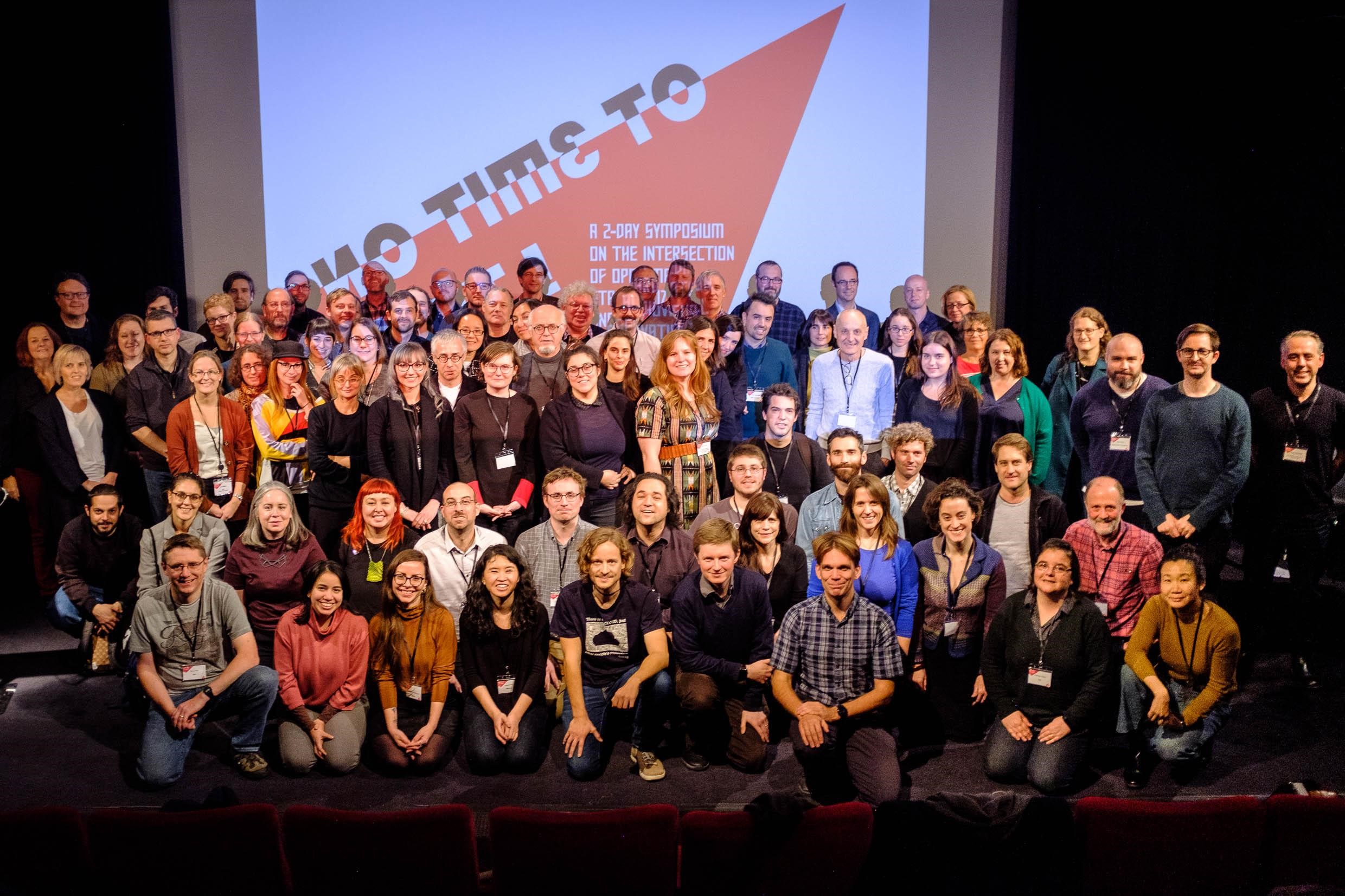
NTTW3 Group picture - Photo credit E. Verbruggen CC-BY
Introducing ePADD
Glynn Edwards, Josh Schneider and Peter Chan are part of the team at Stanford University Libraries
Email offers singular insight into and evidence of a person's self-expression, as well as records of collaboration, networks, and transactions. Email communications of prominent individuals, including politicians, writers, scholars, and the like, reveal not only their professional and personal actions, decisions, and creative output, but also relationships within society and communities. Thus, the appeal of email collections extends beyond historians to all manner of researchers, journalists, and the general public seeking to obtain insight into individuals and their lives.
Community Cultivation and the Software Preservation Network
Jessica Meyerson is Research Program Officer for Educopia Institute and coordinating member of the Software Preservation Network
Introduction
As the Software Preservation Network (SPN) makes its first attempt to transition from a grant-funded effort to a member and sponsor-supported community, we do so with an awareness that initiating a new collaborative effort looks very different, in terms of required skills and resources, from sustaining an existing collaborative effort. We are lucky to be informed by Educopia Institute’s Community Cultivation - A Field Guide (CCFG), which provides a comprehensive description of community growth both in terms of lifecycle stages (Formation, Validation, Acceleration, Transformation) and growth areas (Vision, Engagement, Infrastructure, Governance, and Finances & Human Resources).
I want to take this opportunity to map a subset of SPN’s activities using the CCFG with the goal of demonstrating SPN’s commitment to responsible development and to provide an example of how other digital preservation communities can use the field guide as a tool for assessment and development.
The supermassive black hole in the middle of our current digital preservation strategies
Carl Grant is Dean (Interim) for the University of Oklahoma Libraries
In July 2018, astronomers announced that they had located a supermassive black hole at the center of the Milky Way Galaxy, our home galaxy. (Black holes are gravitational fields that have such intensity that when things enter, they disappear without a trace.) Which reminded me of a concern I’ve been voicing about digital preservation for the last several years, i.e., the fact that we have no apparent organized strategy for preserving cloud-based services.
PERSIST – UNESCO’s Commitment to Digital Heritage
David Fricker is the Director-General National Archives of Australia and President of the International Council on Archives
For some time, UNESCO has recognised the transformative power of digital media as a creative engine of cultural heritage, and as a carrier through which culture is transmitted across populations and through time to future generations. Of particular concern, however, is the fragile nature of digital heritage and the risk that, as technology advances, so much of our digital heritage is lost through neglect or technological obsolescence. Back in 2003, in article 12 of its visionary Charter for the Preservation of the Digital Heritage, UNESCO defined its task ‘to serve as a reference point and a forum where Member States, intergovernmental and international non-governmental organizations, civil society and the private sector may join together in elaborating objectives, policies and projects in favour of the preservation of the digital heritage’. More recently, in 2015, UNESCO adopted its Recommendation Concerning the Preservation and Access to Documentary Heritage, including in Digital Form, which calls upon member states to establish cooperation and dialogue between governments, social organisations, and the ICT industry, and to create practical solutions in the area of sustainable digital preservation.
What Do We Need & What Can We Do Without for Digital Preservation Storage?
Andrea Goethals is Digital Preservation Manager at the National Library of New Zealand
What We Learned by Playing Games at iPRES 2018
Over the last few years a group of us have been working on a list of criteria for storage that supports digital preservation (see version 3 at https://osf.io/sjc6u/). At the recent “Using the Digital Preservation Storage Criteria” iPRES 2018 workshop, we put the criteria to the test.
Once Around the Sun: World Digital Preservation Day 2018
At the point this blog is published, the calendars in Fiji and Auckland and Wellington will already have clicked over to 29th November. As the sun sets over my hotel in Amsterdam it will have risen already on World Digital Preservation Day, so I have the privilege and pleasure of welcoming you all to World Digital Preservation Day 2018.
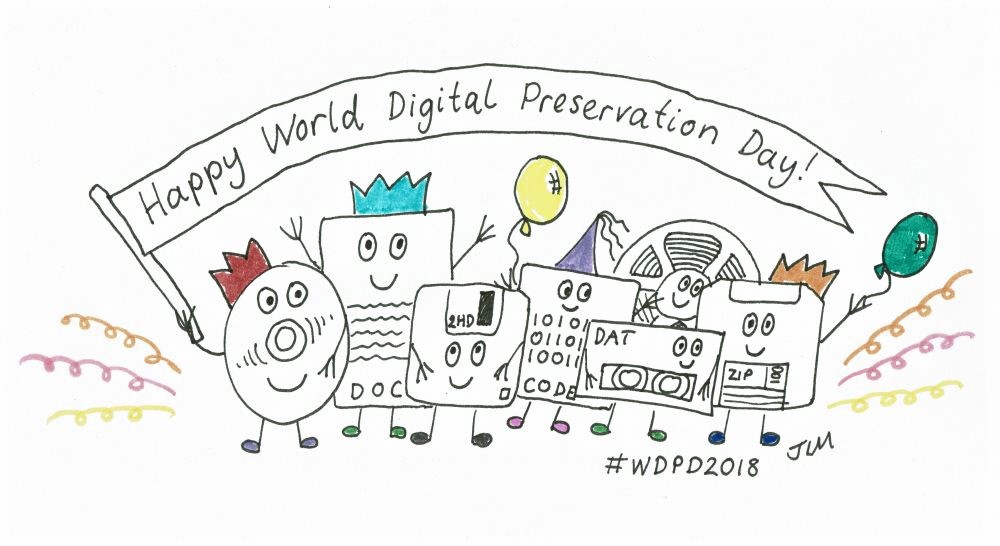
Minimum Viable Preservation
A Minimum Viable Product (MVP) is a common term in the tech sector to describe something that has just enough features to satisfy early customers, and to provide feedback for future product development. A similar term 'Minimal Viable Preservation' came up in discussion at iPRES this year during the apres-ipres unconference that followed. Many organisations have a large volume of digital material that needs some form of basic treatment to 'stabilise it' from a preservation point of view pending more detailed action to be taken in the future (when budgets and resources permit!). This is just like a product MVP - just enough to satisfy initial preservation needs and giving an understanding of what's needed in the future. In many cases I suspect this 'basic treatment' might be all the attention that some content will get. The best laid intentions today of 'further action' in the future can often become lost in the deluge of new content and new challenges that institutions face when that future arrives. That's why some form of Minimal Viable Preservation done today can be so important - especially when automated and made cost-effective at scale so it can be applied as a matter of routine - and we all know that if something isn't routine then there's the very real chance that it won't get done at all!
Expecting the Unexpected... World Digital Preservation Day
You never quite know how some things are going to pan out, and that was certainly true for our first World Digital Preservation Day (formerly International Digital Preservation Day) in 2017. For those of you who weren’t involved in last year’s inaugural extravaganza, honestly it was one of my favorite DPC days ever - and for those who were, I really hope you enjoyed it as much as I did!
In the hope that I can encourage even more people to join in the fun on 29th November, I shall endeavour to try and sum up why World Digital Preservation Day was SO great last year.










































































































































